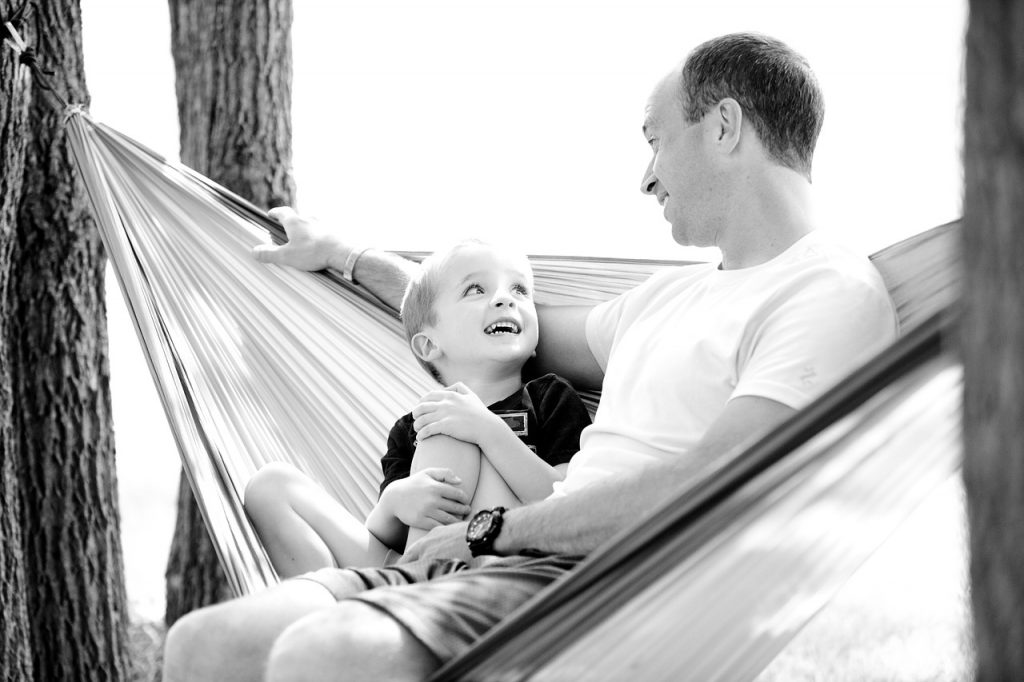Tips for Talking with Your Child About Adoption
- Start early. Start right away, even if your child doesn’t yet understand what you are saying. It is good practice for you.
- Be honest. If you don’t know the answer, say so. Show that you share your child’s curiosity and that you would like to know, too.
- Answer the questions your child asks. If you are not sure what the question really is, ask him/her what s/he means.
- Once is not enough. Your child’s understanding of adoption will develop as s/he grows up and so be prepared to discuss it often.
- Use positive adoption language. Examples: birth parent or first parent (not ‘real parent’), placed for adoption, made an adoption plan, made poor lifestyle choices, had difficulty parenting.
- Don’t wait for your child to ask. If your child somehow feels this is a difficult or awkward subject for you, s/he may avoid asking questions.
- Look for opportunities to build adoption into your conversation. If adoption is in the news, this is a good opportunity to ask your child what s/he thinks about what was said. Or does s/he think it is an accurate report? Or if someone asks you about adoption, you can share this later with your child and ask what would s/he say?
- Make adoption a normal, natural part of your family discussions. Pestering your child by only asking questions will likely not be well received. Open the topic with comments like “I was thinking about your birth mom today……I was wondering if you wonder about her…” or “I was wondering what kinds of questions you get from your friends about adoption…” or “I heard a comment today about adoption. Someone said “……..”. What do you think about that?”
- Check your child’s understanding. Don’t assume that he understands everything. Discussions about what someone said to you or your child, or what questions he gets from friends, etc., can help to open up the topic to see how he responds.
- Acknowledge and accept your child’s feelings. Listen for the feelings behind your child’s comments. He may be sad or angry and grieving his birth family. Talking about them can help. Your child may be longing for information and may ask when he can meet them. Let him/her know you are open to talking about this, you share his/her curiosity, and understand his/her need to know a part of his normal identity development.
- Prepare a Lifebook of photos and your child’s adoption story. Be sure to include birth family information, foster family, orphanage, etc. as applicable. Include photos of birth family if available.
- Reach out to others. Join a support group. Talk to other adoptive parents, share and learn from them. Consult an adoption professional if you feel the need. If you are troubled by some of the issues you face as an adoptive parent, reach out. Others can help you work through these issues so that you can be comfortable in talking with your child about adoption. Make sure your child gets to know other adopted children.
— Patricia Fenton, MSW RSW

